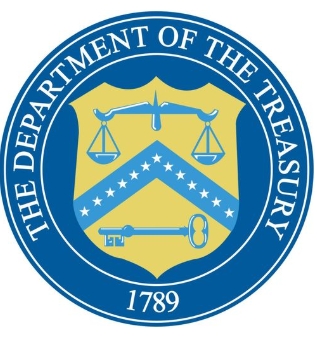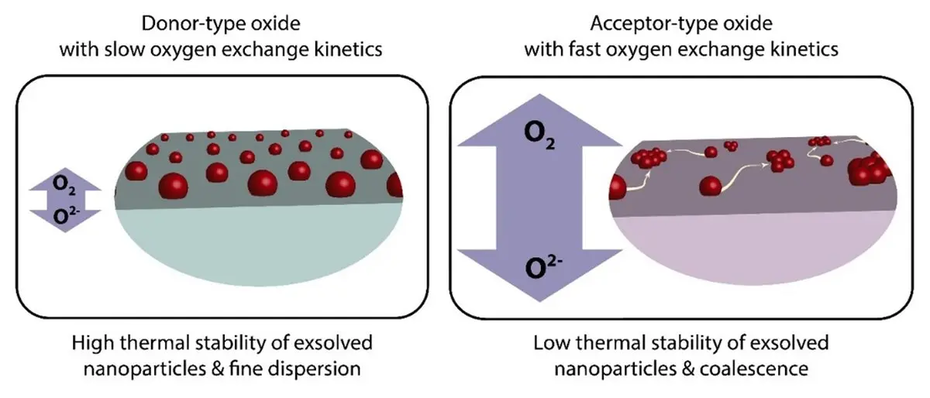The parliament of Republika Srpska has adopted a declaration on river protection, which calls on the Bosnian Serb entity’s government to impose a moratorium on the construction of small hydropower plants.
 Photo: Pixabay/Larisa Koshkina
Photo: Pixabay/Larisa Koshkina
Although not entirely satisfied with the final text of the declaration, the Center for the Environment (CZZS), an environmental organization, has welcomed its adoption as a first step towards the protection of rivers in Republika Srpska.
The adoption of the declaration marks a great success for activists gathered in the Coalition for the Protection of Rivers in Bosnia and Herzegovina, who have defended rivers and highlighted the harmful impacts of small hydropower plants over the past years, the CZZS said.
A similar declaration has been adopted in FBiH, but legislative changes needed for its implementation are yet to be passed
A similar declaration, along with a decision to ban the construction of small hydropower plants, was adopted by the House of Representatives of the Federation of Bosnia and Herzegovina (FBiH) in mid-2020. However, according to the CZZS, the necessary legislative changes are still pending because federal and cantonal regulations have not yet been harmonized.
People’s discontent is beginning to yield results.
FBiH was the first in the region to move in this direction. Following in its footsteps, Montenegro’s new government has said it will ban the construction of small hydropower plants and review existing concessions, and it has recently scrapped several such contracts. Albania has also announced that the hydropower plants planned on the Vjosa river will not be built.
These decisions demonstrate that the discontent of people all over the region is beginning to yield results, but there is a lot more to be done until the rivers are safe.
Republika Srpska must now change renewable energy legislation.
After the adoption of the declaration by the Republika Srpska parliament, according to the CZZS, the ball is in the court of the entity’s government, which needs to change renewable energy legislation.
Viktor Bijelić: BiH should abandon green energy incentives and turn to supporting citizens’ energy projects
Viktor Bijelić, vice president of the CZZS, says that the new law should be based on abandoning incentives for any new renewable energy projects and turning to incentivizing citizens’ energy projects, where citizens, who pay renewable energy fees, could also be investors, which is already the practice in the neighboring Croatia.
Dragana Skenderija, coordinator of the Coalition for the Protection of Rivers in Bosnia and Herzegovina, hopes that the Republika Srpska government will take more vigorous steps to protect rivers and that this process will proceed faster in both entities, resulting in a legal framework at the state level that will protect rivers and citizens from harmful projects.
The declarations adopted by the Republika Srpska parliament and the FBiH parliament’s lower house are based on the conclusions and recommendations from the Declaration on the Protection of Rivers of the Western Balkans, adopted in November 2019 at an international conference organized by the CZZS.







